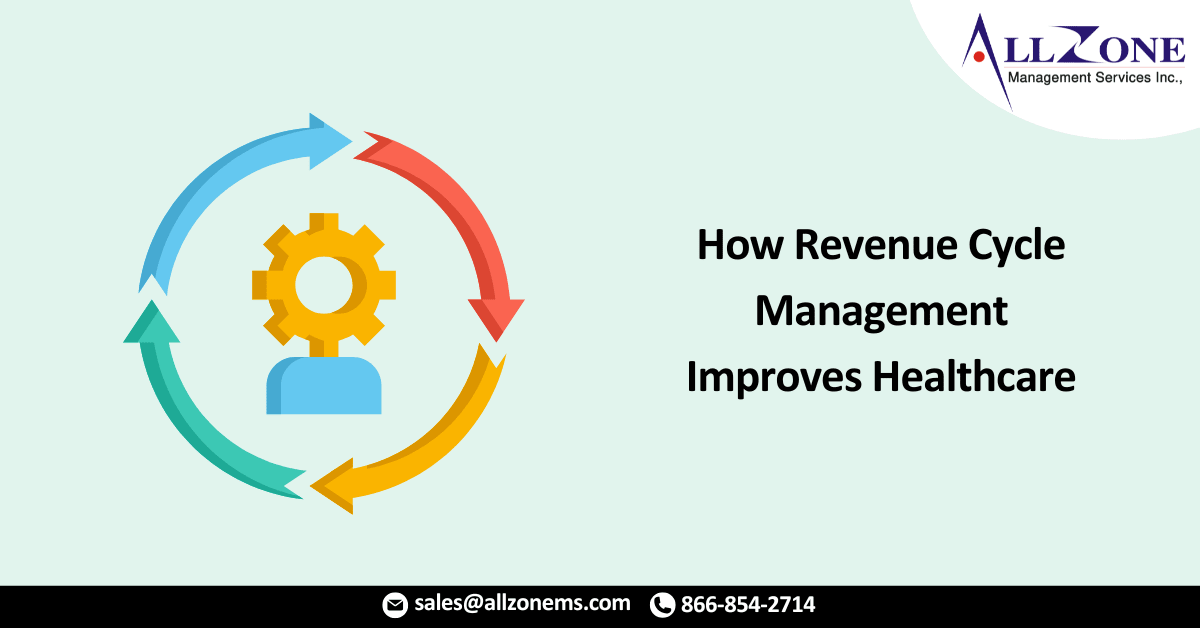Discover how healthcare providers can accelerate cash flow, minimize denials, reduce operational costs, and enhance patient satisfaction through streamlined Revenue Cycle Management (RCM). RCM is a strategic approach to overseeing all financial aspects of a patient’s journey, from initial appointment scheduling to final bill payment. This article highlights the critical role RCM plays in maximizing revenue and efficiency in healthcare organizations.
Accurate and comprehensive patient information is paramount for RCM success. Efficient patient registration and insurance verification processes ensure that providers have the necessary data to initiate billing accurately. The coding process is pivotal in generating precise claims, converting medical procedures and services into standardized billing formats for insurance companies. Timely claim submission is crucial to expedite payment, with RCM teams monitoring claim statuses, following up on denials, and resubmitting when necessary.
Payment processing is integral to RCM, encompassing the collection of copays and deductibles at the point of care. Streamlining payment methods not only enhances patient convenience but also boosts revenue collection. Managing outstanding receivables is a priority, involving the tracking and resolution of unpaid bills, as well as handling patient payments and collections if necessary. RCM ensures a steady revenue flow, reducing financial uncertainties for healthcare organizations. This stability empowers providers to invest in cutting-edge technologies and elevate patient care.
Streamlining revenue cycle processes alleviates administrative burdens and enhances overall efficiency. Delegating billing tasks to staff allows them to concentrate on delivering quality care rather than being bogged down by time-consuming responsibilities. RCM implementation results in fewer claim denials and rejections due to accurate coding and timely submission, ultimately leading to increased reimbursements and revenue. Efficient Revenue Cycle Management processes contribute to a seamless patient journey, from appointment scheduling to billing, resulting in fewer billing issues and heightened satisfaction with healthcare services.
RCM guarantees compliance with billing regulations and upholds transparency in financial transactions, mitigating the risk of fraud and legal complications. Improving patient communication and engagement through transparent billing information, flexible payment options, and accessible financial counseling is prioritized. The integration of data analytics identifies trends, patterns, and areas for improvement in the revenue cycle, enabling proactive decision-making. As it continues to evolve, investing in Revenue Cycle Management remains imperative for sustainable growth and success in the healthcare industry.

